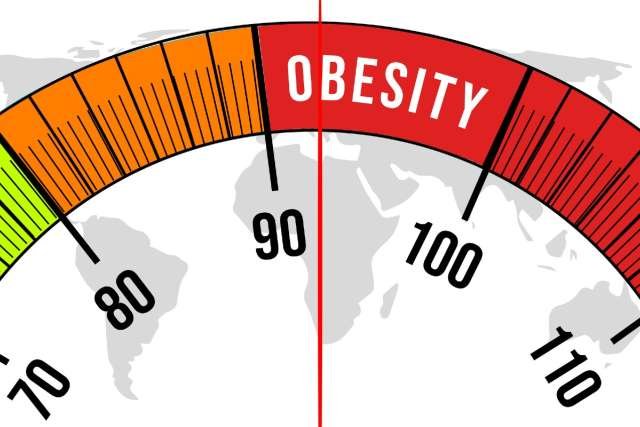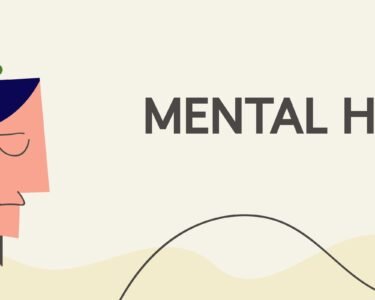High-Fat Diet and Obesity managing and mitigating these adverse effects requires a holistic approach involving dietary changes, regular physical activity, and, in some cases, medical interventions. Adopting a balanced diet with reduced unhealthy fats and maintaining a healthy weight are crucial steps towards improving overall health and longevity.
Some of the effects are:
1. Cardiovascular Complications
- Atherosclerosis and Arterial Blockages: High intake of unhealthy fats contributes to the buildup of plaques in arteries, increasing the risk of heart attacks and strokes.
- Elevated Blood Pressure: Excess body weight and high-fat diets strain the cardiovascular system, leading to hypertension.
2. Metabolic Imbalances
- Insulin Resistance and Type 2 Diabetes: Obesity and high-fat diets disrupt insulin function, leading to elevated blood sugar levels and diabetes.
- Abnormal Lipid Levels: Excessive dietary fat increases LDL cholesterol and triglycerides while decreasing HDL cholesterol, promoting cardiovascular disease.
3. Gastrointestinal Disorders
- Fatty Liver Disease: Overconsumption of fat leads to fat accumulation in the liver, causing inflammation and potential liver failure.
- Increased Gallstone Formation: High-fat diets stimulate the production of bile, increasing the risk of gallstones.
4. Joint and Bone Health Issues
- Joint Degeneration: Excess weight puts stress on joints, particularly the knees and hips, leading to osteoarthritis and chronic pain.
- Increased Risk of Gout: High body fat can lead to elevated levels of uric acid, causing gout.
5. Respiratory Challenges
- Obstructive Sleep Apnea: Fat deposits around the neck obstruct the airway during sleep, causing breathing interruptions.
- Exacerbation of Asthma: Obesity worsens asthma symptoms and increases the likelihood of developing respiratory conditions.
6. Cancer Risks
- Increased Cancer Susceptibility: Obesity is linked to higher risks of cancers such as breast, colon, endometrial, kidney, esophageal, and pancreatic cancer.
7. Reproductive and Hormonal Disruptions
- Infertility and Hormonal Imbalances: Excess body fat disrupts hormonal balance, impairing fertility in both men and women.
- Polycystic Ovary Syndrome (PCOS): Obesity aggravates PCOS, affecting menstrual cycles and increasing the risk of infertility.
8. Psychological and Mental Health Impact
- Increased Depression and Anxiety: There is a strong link between obesity and mental health disorders, including depression and anxiety.
- Lowered Self-Esteem and Body Image Issues: Obesity often leads to social stigmatization, affecting self-esteem and mental well-being.
9. Immune System Compromise
- Chronic Inflammation: Obesity triggers a chronic inflammatory response, weakening the immune system and increasing vulnerability to infections and diseases.
10. Overall Mortality and Longevity
- Reduced Life Expectancy: Obesity significantly increases the risk of premature death due to its association with numerous life-threatening conditions.







